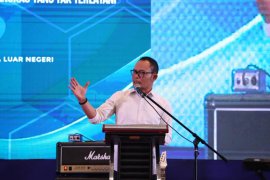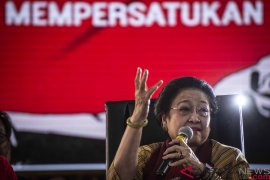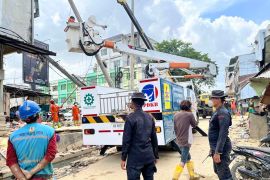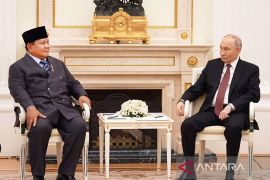In fact, the government could have created 10,540,000 jobs within four years, but Indonesia's unemployment rate remains high enough partly caused by the skill gap among job seekers, Dhakiri said in Jakarta on Friday.
"The promise was fulfilled within four years or one year earlier than the targeted time," he said, adding that the unemployment rate is partly triggered by the failure of job seekers to meet certain skills that the employers demand.
Thus, the main problem of unemployment in Indonesia is closely related to the skill gap and not the unavailability of jobs. "Of the 131 million workers in Indonesia, 58 percent of them are just graduates of elementary and junior high schools," he said.
The government and other related stakeholders have been attempting to deal with this skill gap by improving the quality of Indonesia's human resources through education and vocational training programs, he said.
In connection with the demands of the disruption era, Vice President Jusuf Kalla has repeatedly warned job seekers that they need to have technological skills to help them get the jobs they want.
"With technological skills, job opportunities will be openly available for them," Kalla said.
Unemployment is one of the crucial issues in the wake of this year's parliamentary and presidential elections.
During the third round of the presidential debate on March 17, Vice Presidential candidate number 02 Sandiaga Salahuddin Uno said that unemployed people in Indonesia need an opportunity to get jobs by participating in trainings which are in line with the needs of the workforce.
Coherence between education and the workforce will lower the unemployment rate, he said.
Therefore, as a vice presidential candidate together with his partner Prabowo Subianto, Uno vowed to offer incentives for companies that provide students, especially those from vocational high schools, with internship opportunities.
Translator: Anita Permata Dewi, Rahmad Nas
Editor: Suharto
Copyright © ANTARA 2019











